Marine Science
Ancient jumping genes may give corals a new lease on life
Jumping genes could make an alga, and its coral host, more tolerant to warming sea temperatures.
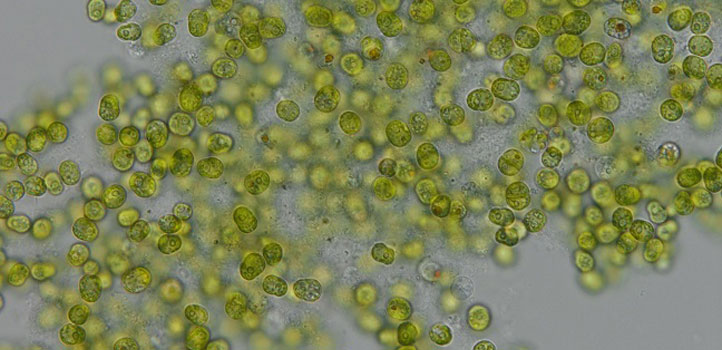
A particular gene is shown by KAUST researchers to help the heat tolerance of an alga that lives symbiotically with coral, which could potentially help Red Sea corals adapt to some warming.
“Symbiodinium” is a unicellular alga that provides its coral host with photosynthetic products in return for nutrients and shelter. However, high sea temperatures can cause the breakdown of this symbiotic relationship and lead to the widespread expulsion of “Symbiodinium” from host tissues, an event known as coral bleaching. If bleached corals do not recover, they starve to death, leaving only their white, calcium-carbonate exoskeleton.
Now, researchers from KAUST have identified special genes, called retrotransposons, which could help the algae adapt more rapidly to heat stress.
First authors, postdoc Jit Ern Chen and Ph.D. student Guoxin Cui, and team conducted analyses to determine which genes were turned on or off when “Symbiodinium” was exposed to heat stress. Surprisingly, most genes commonly associated with heat stress were turned off, while a small number of retrotransposons were turned on.
Retrotransposons are small genetic sequences that have the ability to replicate and position themselves in new locations in their host’s genome. “The ability of retrotransposons to copy themselves and integrate these new copies into the host genome makes them genetic parasites,” says geneticist and principal investigator Manuel Aranda. “Every integration event is basically a new mutation in the host genome. Very often these new copies disable or disrupt host genes. However, sometimes they can also change how certain genes behave. They are often bad, like most mutations, but some can produce advantageous effects.”
Aranda and his team suggest that the activation and replication of “Symbiodinium’s” retrotransposons in response to heat stress could lead to a faster evolutionary response, “since producing more mutations increases the chance of generating a beneficial one that allows the symbionts to cope better with this specific stress,” Aranda explains.
The team next plans to investigate coral genomes to find out if they too have retrotransposons that are activated in response to heat stress. “If they do, it would mean they might be able to genetically adapt faster than we thought,” says Aranda.
They also plan to investigate the possibility of hijacking the molecular machinery of retrotransposons to engineer more resilient genomes in both “Symbiodinium” and their coral hosts.
References
- Chen, J. E., Cui, G., Wang, X., Liew, Y. J. & Aranda, M. Recent expansion of heat-activated retrotransposons in the coral symbiont Symbiodinium microadriaticum. The ISME Journal 12, 659-643 (2018).| article
You might also like
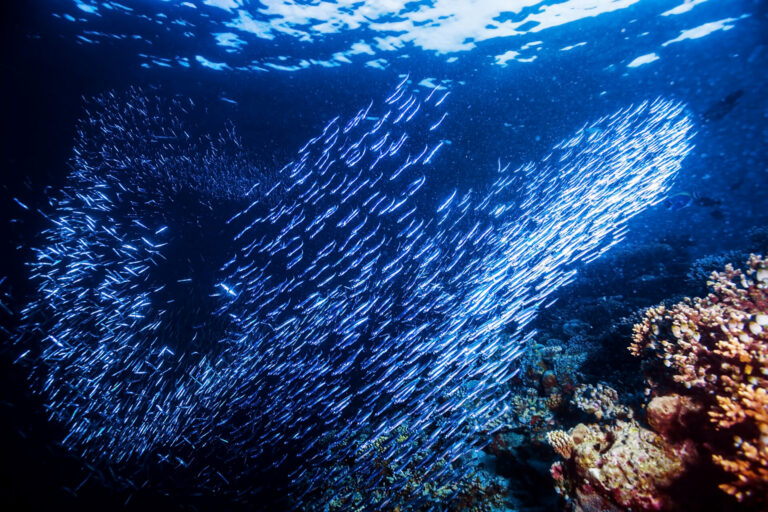
Marine Science
Potential gains from replenishing reef fish stocks revealed
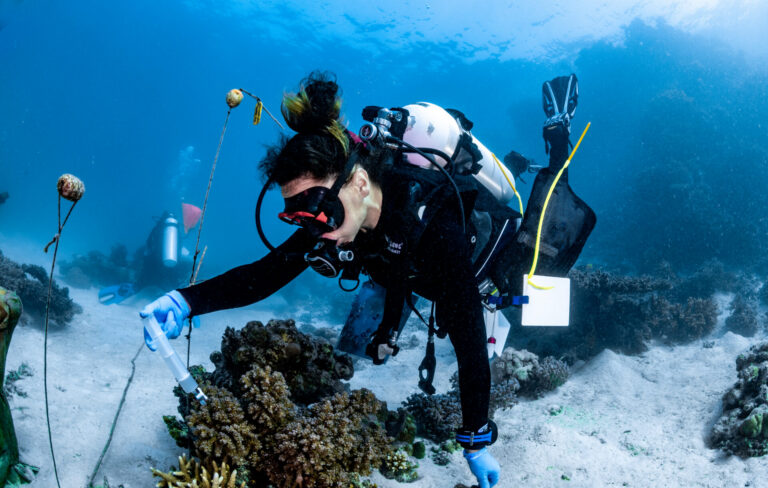
Marine Science
A place to trial hope for global reef restoration
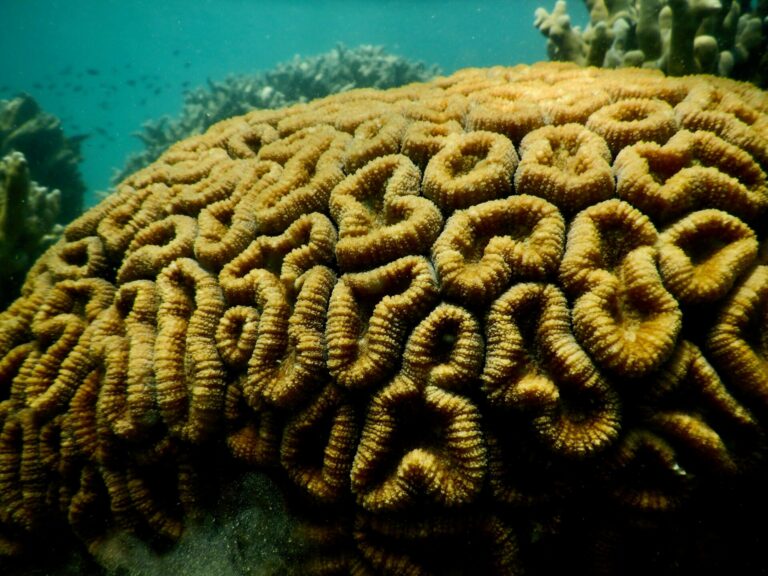
Marine Science
Reef-building coral shows signs of enhanced heat tolerance
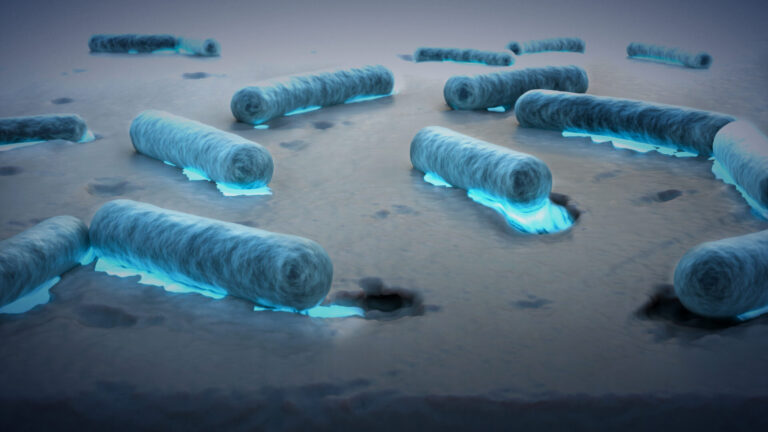
Marine Science
Plastic-munching bacteria found across the seven seas
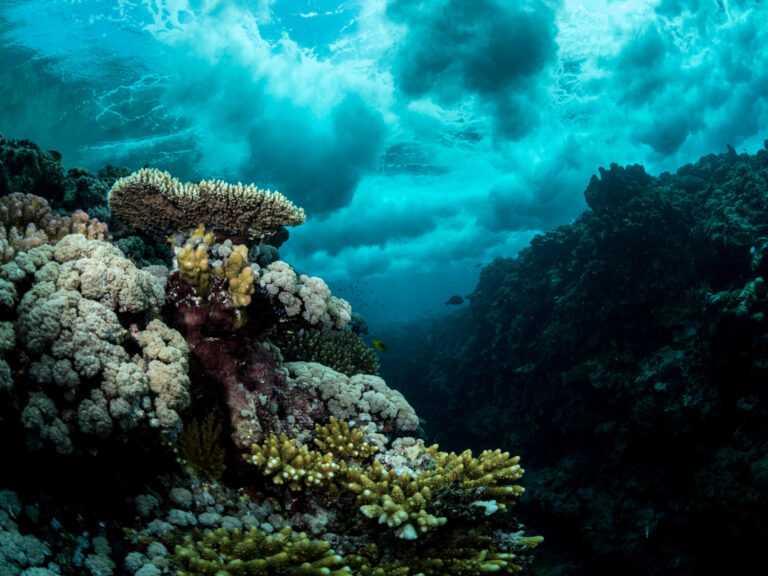
Marine Science
AI reveals the universal beauty of coral reef growth
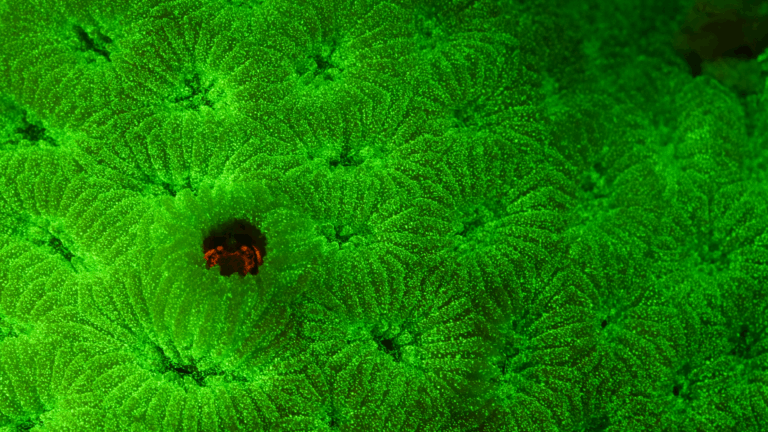
Marine Science
Tiny crabs glow to stay hidden
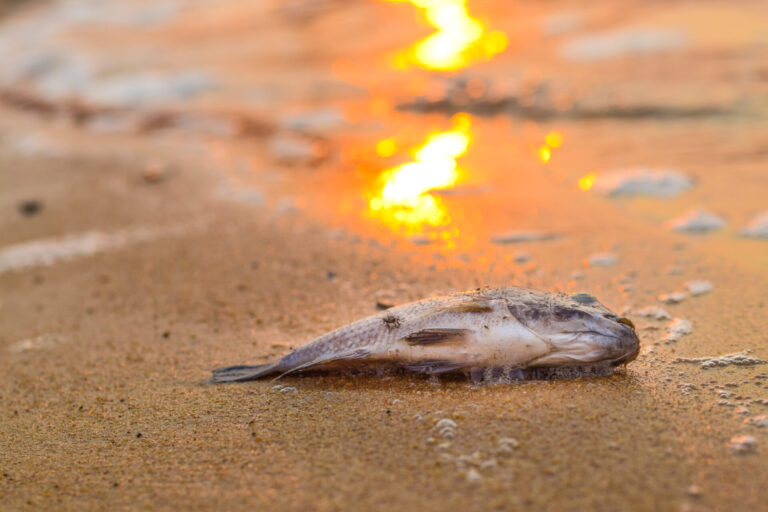
Marine Science
Mass fish deaths linked to extreme marine heatwave in Red Sea
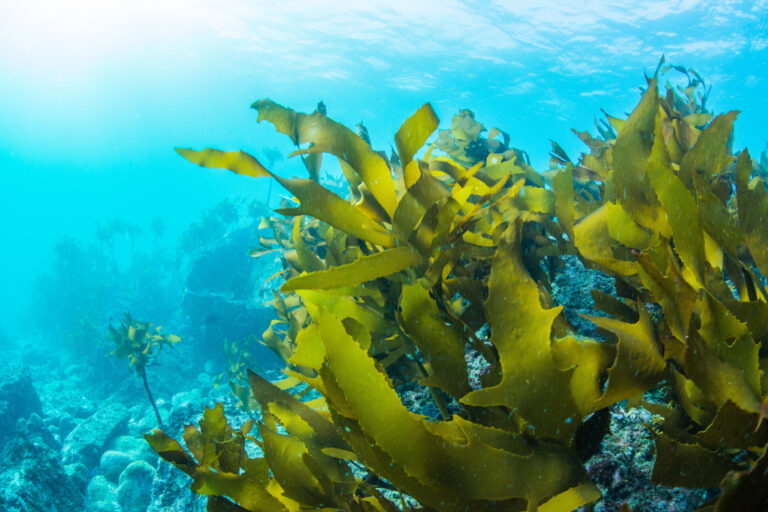
Marine Science




